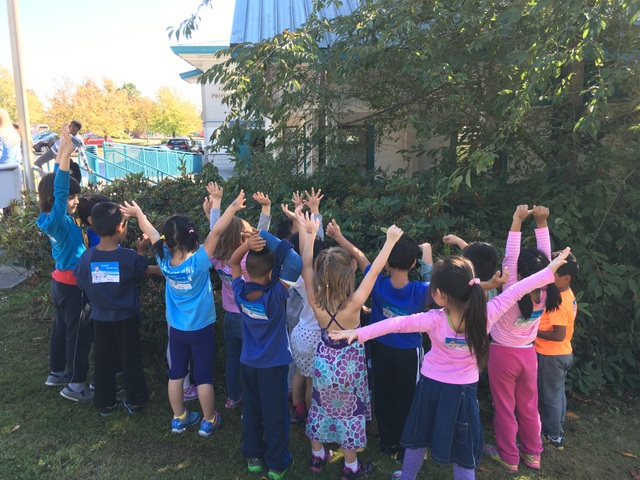Now that we are entering our fourth week of school, your children are beginning to adjust to the many new routines and activities of a full day Kindergarten program. Did you know that sleep is one of the most important factors in their mood, focus and physical development? A full night’s sleep of 10-12 hours will give your child the stamina to make it through a busy day in Kindergarten!
Have a look at the information below and you may find some helpful tips!
Why does sleep matter?
Scientific evidence shows that the right amount of night-time sleep is just as important for children’s development as healthy eating and regular exercise.
How much sleep does my Kindergarten child need?
A younger child needs more sleep than an older one. Between the ages of five and 11, your child will need 10-12 hours of sleep a night.
Kindergarten children should be in bed by 7:00 or 7:30pm every night!!
Signs of sleep deprivation in school-aged children can include:
- Mood. Sleep deprivation may cause your school-aged child to be moody, irritable, and cranky. In addition, they may have a difficult time regulating their mood, such as by getting frustrated or upset more easily.
- Behavior. School-aged children who do not get enough sleep are more likely to have behavior problems, such as noncompliance and hyperactivity.
- Cognitive ability. Inadequate sleep may result in problems with attention, memory, decision making, reaction time, and creativity, all which are important in school.
How to help your school-aged child sleep well
- Develop a regular sleep schedule. Your child should go to bed and wake up at about the same time each day (7:00-730pm)
- Maintain a consistent bedtime routine. School-aged children continue to benefit from a bedtime routine that is the same every night and includes calm and enjoyable activities. Including one-on-one time with a parent is helpful in maintaining communication with your child and having a clear connection every day.
- Set up a soothing sleep environment. Make sure your child’s bedroom is comfortable, dark, cool, and quiet. A nightlight is fine; a television is not.
- Set limits. If your school-aged child stalls at bedtime, be sure to set clear limits, such as what time lights must be turned off and how many bedtime stories you will read.
- Turn off televisions, computers, and radios. Television viewing, computer-game playing, internet use, and other stimulating activities at bedtime will cause sleep problems.
- Avoid caffeine. Caffeine can be found in sodas, coffee-based products, iced tea, and many other substances.
- Contact your child’s doctor. Speak to your child’s physician if your child has difficulties falling asleep or staying asleep, snores, experiences unusual awakenings, or has sleep problems that are causing disruption during the day.
 This week the whole school will be collecting donations for Cancer Research. We are inspired by Terry Fox and his Marathon of Hope. Our school will run our own Marathon of Hope on Thursday. Students should wear comfortable clothes and runners.
This week the whole school will be collecting donations for Cancer Research. We are inspired by Terry Fox and his Marathon of Hope. Our school will run our own Marathon of Hope on Thursday. Students should wear comfortable clothes and runners.


